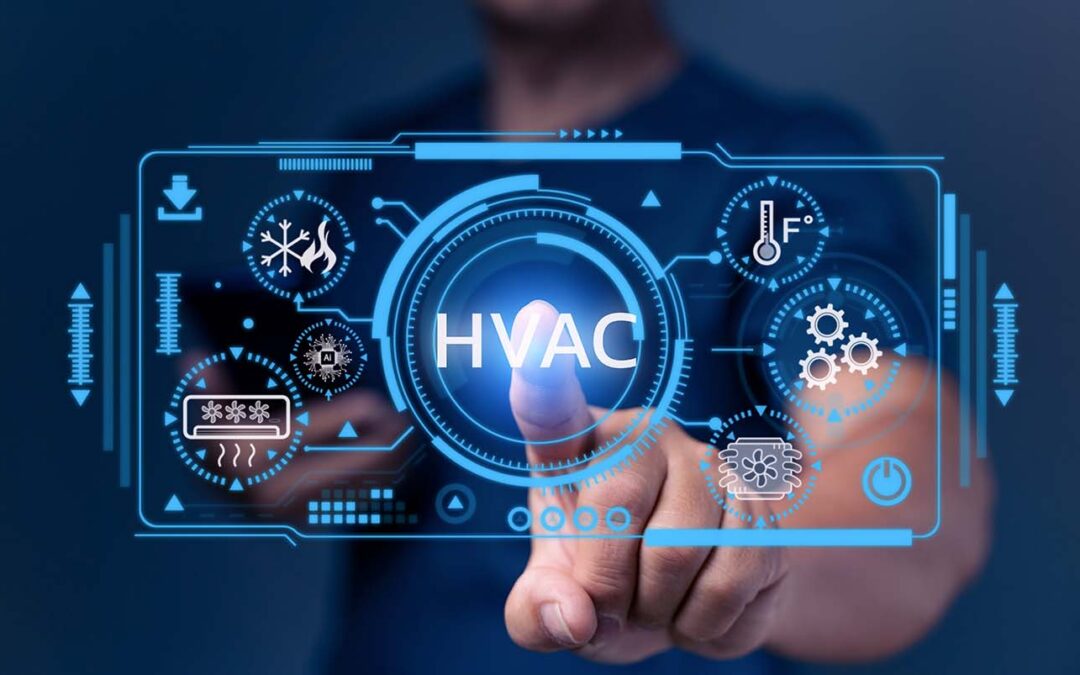The integration of AI in managing the HVAC equipment lifecycle is revolutionizing the industry. As we step into a new era of technology, the efficiency and precision of AI-driven systems offer significant advantages for the management of HVAC systems. This transformation not only optimizes performance but also extends the equipment’s lifespan, ensuring sustainability and cost-effectiveness.
Understanding HVAC Lifecycle Management
The lifecycle of HVAC equipment encompasses various stages, from installation to maintenance and eventual replacement. Traditionally, this process has been manual, requiring regular checks and human intervention. With the advent of AI technology, the AI-powered reports are transforming how we monitor these systems, reducing downtime and enhancing efficiency.
The Role of AI in HVAC Systems
AI plays a crucial role in transforming HVAC systems. By analyzing data from various points in the system, AI can predict potential failures and suggest preventive measures. This predictive capability is vital for fault management and predicting breakdowns, ensuring that the equipment operates smoothly and efficiently.
Benefits of AI in HVAC Equipment Tracking
The integration of AI in HVAC equipment tracking offers numerous benefits:
- Efficiency: AI systems enhance the efficiency of HVAC equipment by optimizing performance and reducing energy consumption.
- Cost Reduction: By predicting failures and optimizing operations, AI reduces maintenance costs and extends the lifecycle of equipment.
- Sustainability: AI-driven systems contribute to sustainable practices by minimizing energy use and reducing the carbon footprint of HVAC systems.
Challenges and Solutions in AI-Based HVAC Tracking
While the benefits are clear, the implementation of AI in HVAC tracking does come with challenges. Data integration, system compatibility, and initial setup costs are barriers that need addressing. However, ongoing advancements in technology and strategic partnerships are paving the way for more accessible and effective solutions.
Ensuring Compatibility and Integration
Ensuring that new AI systems are compatible with existing HVAC equipment is crucial. This involves selecting the right technology and ensuring seamless integration between systems. Companies can achieve this by working with experienced providers and staying updated on the latest technological advancements.
Addressing Initial Costs
The initial investment in AI technology can be significant. However, the long-term savings and efficiency improvements often justify the cost. Businesses should consider the return on investment when evaluating AI solutions for HVAC equipment management.
Future of HVAC Equipment Management
The future of HVAC equipment management is bright, with AI driving innovation in the industry. As technology continues to evolve, we can expect further enhancements in system efficiency, cost-effectiveness, and sustainability. The integration of AI will continue to transform the management and monitoring of HVAC systems, setting new standards for the industry.
Enhancing Indoor Air Quality
AI is also playing a pivotal role in improving indoor air quality. By continuously monitoring and adjusting HVAC systems, AI ensures optimal air conditions, contributing to healthier and more comfortable environments. This advancement is critical for both residential and commercial spaces.
Conclusion
The integration of AI in HVAC equipment lifecycle tracking marks a significant step forward in the industry. The benefits of increased efficiency, cost reduction, and sustainability are undeniable. As we continue to embrace these technological advancements, the HVAC industry is poised for a future of innovation and success.
FAQs
What is HVAC equipment lifecycle tracking?
It involves monitoring the stages of HVAC equipment from installation to maintenance and replacement, ensuring efficiency and longevity.
How does AI improve HVAC management?
AI enhances HVAC management by predicting failures, optimizing performance, and reducing costs through data analysis and automation.
What are the challenges of implementing AI in HVAC systems?
Challenges include system compatibility, data integration, and initial setup costs, but these are being addressed with ongoing technological advancements.
For more detailed insights on how AI is revolutionizing HVAC systems, check out this external resource.
This article contains affiliate links. We may earn a commission at no extra cost to you.
